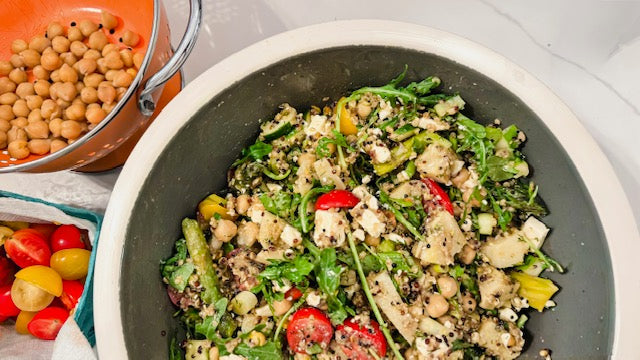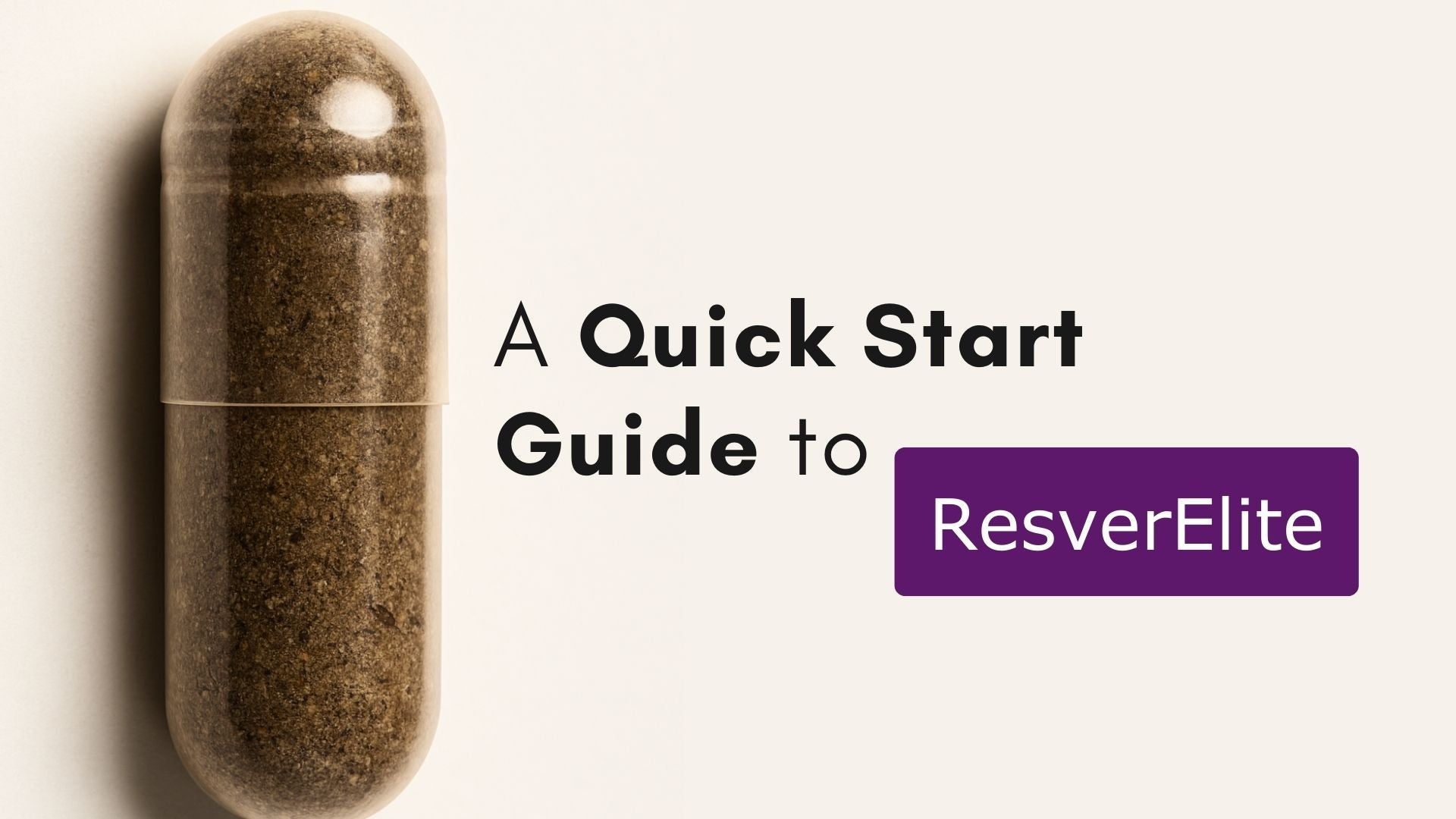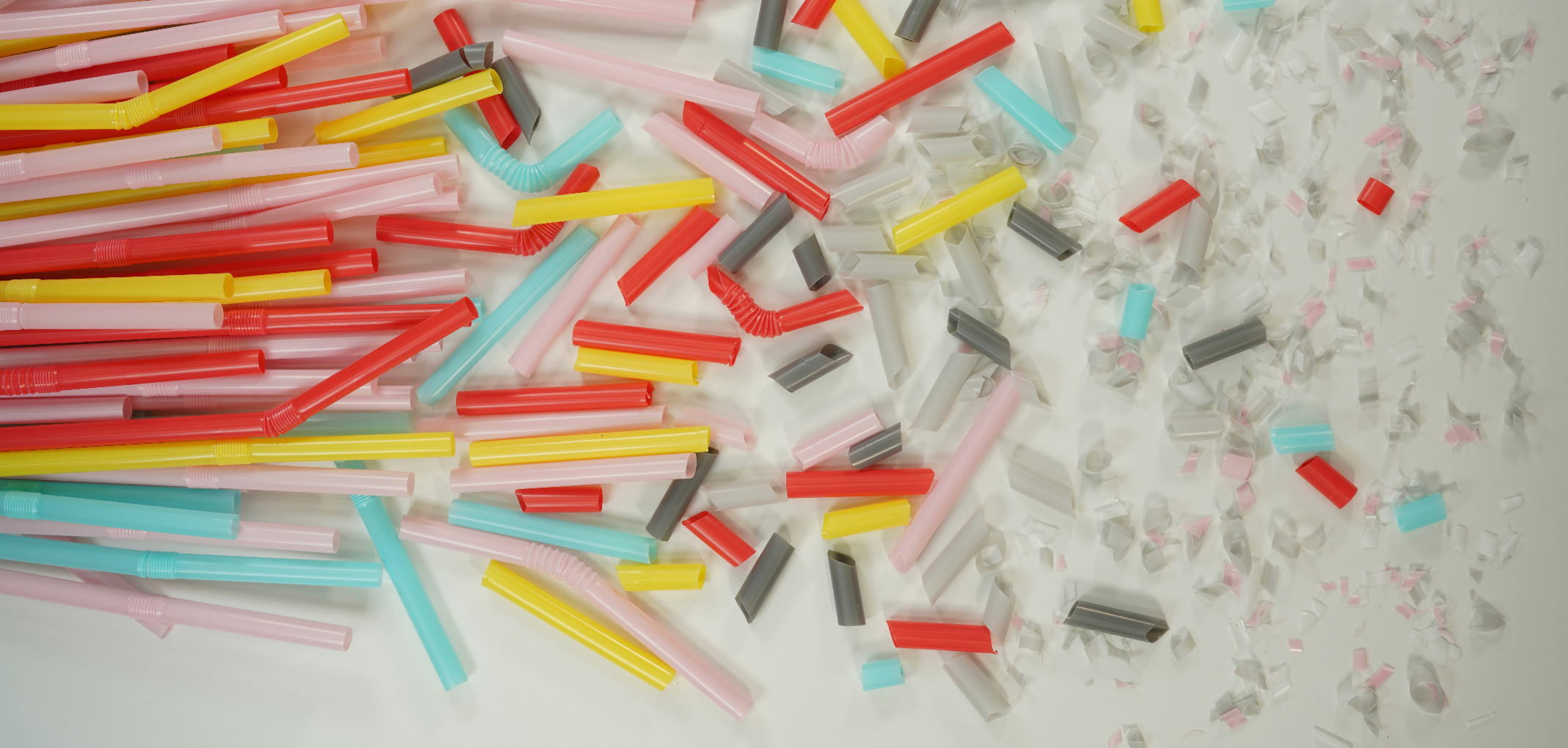---
David:
Hey everybody, it's David Roberts and you're listening to the Mara Labs podcast. Today, I have Dr. John Gildea with me, and we're going to be talking about what to do when you have low stomach acid, when your stomach acid is not high, and you potentially have trouble with digestion, specifically with things like meat. The impetus for this was a conversation at my college reunion with a friend who had this issue. John and I have discussed this multiple times, so I wanted John to share his wisdom on this topic.
Dr. John Gildea:
Yeah, for sure. It's a subject I've interacted with because it involves a system I studied and wrote a paper on, specifically about the pathway that produces hydrochloric acid in the stomach. The lower part of your stomach, called the antrum, has cells that sense the environment inside your stomach and react when you're eating. Gastrin is produced by cells in the antrum called G cells, and we found that salt is a major inducer of gastrin. Salt induces dopamine, which then produces gastrin. Gastrin is released and signals the cells that produce hydrochloric acid to decrease the pH.
That's the system involved. Another important piece of information is that when you're producing a lot of hydrochloric acid in response to eating, you also want to seal off the sphincter between your stomach and your esophagus. Your stomach creates a protective mucus layer and sheds cells into the stomach. Gastrin is associated with closing that sphincter, so people with low salt intake often don't close their cardiac sphincter properly, leading to epigastric distress and acid reflux.
David:
Does the salt actually increase the hydrochloric acid as well or just shut the sphincter?
Dr. John Gildea:
It's both. The major source of chloride for hydrochloric acid production is salt. Chloride from salt is used to make hydrochloric acid, and sodium induces gastrin. So, it's important to have salt with meals. Interestingly, there are papers showing that gastrin goes to your kidneys and helps you excrete salt, preventing large sodium spikes. So, if you're consuming low amounts of salt, you won't produce as much hydrochloric acid.
David:
What's a good amount of salt to consume every day?
Dr. John Gildea:
The average sodium excretion measured in hospitals indicates that about 5.8 grams of sodium chloride is needed daily. This is roughly half a tablespoon. In our studies, a high sodium diet involves 18 grams of sodium chloride. Low sodium levels can be dangerous, and a lack of chloride means less hydrochloric acid production. For short-term relief, you can take hydrochloric acid pills with high-protein meals, like steak. Start with one or two pills and increase up to four if needed. If there's no improvement, the issue might be something else, like pancreatic insufficiency.
David:
Especially with a conventional steak.
Dr. John Gildea:
Exactly. If hydrochloric acid pills help, you likely have low hydrochloric acid production. Adequate salt intake can help reset the system, as the stomach has a fast turnover of cells and can heal quickly.
David:
What other digestion issues should people be aware of?
Dr. John Gildea:
When producing lots of hydrochloric acid, it empties into your small intestine, where it needs to be neutralized by bicarbonate and bile salts. This neutralization is crucial for digestive enzymes from the pancreas to function properly. Many people have SIBO (small intestine bacterial overgrowth), which can be caused by not killing bacteria in food with stomach acid. Sulforaphane and curcumin help by inducing bile salt production and closing tight junctions in the gut.
David:
For those unfamiliar, SIBO is small intestine bacterial overgrowth.
En este podcast, el Dr. John Gildea habla sobre cómo mejorar el ácido estomacal y la digestión. Se refiere al estimulador del nervio vago, que discutimos en un podcast aquí: Episodio 224: Truco Sencillo para Dormir Estimulando el Nervio Vago.
Transcripción:
Dr. John Gildea:Right. Relaxation during meals is also important. Stress diverts blood flow from your gut to your muscles, affecting digestion. Traditions like giving thanks before meals help reduce anxiety. Avoid eating while driving or watching TV. Techniques like transcutaneous vagus nerve stimulation and binaural beats can also aid digestion.
David:
We have information about vagus nerve stimulation on our website.
Dr. John Gildea:
Great. Binaural beats use sound frequencies to relax your brain, which can help with digestion and sleep. Low stomach acid can mimic other issues like SIBO, where bacteria in the small intestine produce gas, causing discomfort. Diagnosing SIBO involves measuring hydrogen gas levels after a meal. The "Super Gut" book by William Davis recommends a yogurt recipe with probiotics to crowd out harmful bacteria.
David:
Thank you, John. This has been very helpful. We'll include links to the vagal nerve stimulator and settings in the show notes. Thanks for listening to the Mara Labs podcast. The views expressed are not medical advice; please consult a medical practitioner for any health concerns.







0 Comment